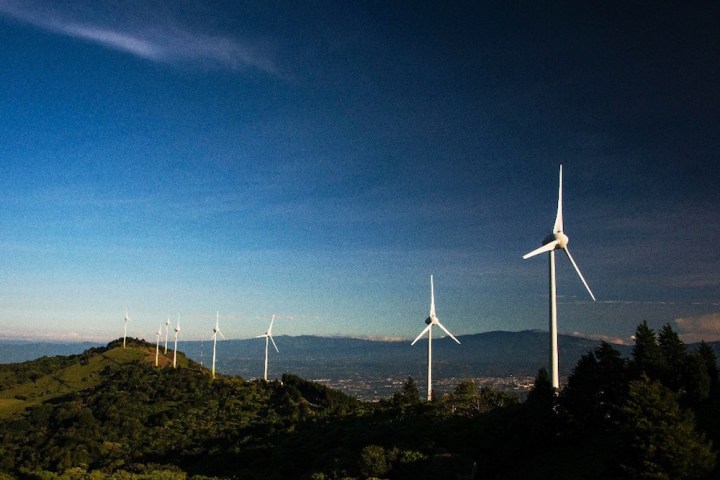
Despite the positivity stemming from such an accomplishment, the country isn’t complacent. Instead, The Costa Rican government remains focused on becoming completely carbon neutral by 2021. In addition to going carbon neutral and officially achieving 100 percent renewable energy, it also plans on cleaning up energy consumption as a whole, staying particularly concentrated on removing fossil fuel dependence from its transportation sector. It also intends on moving away from hydropower dependence by increasing its number of geothermal plants and finding energy from other sources.

“We are closing 2015 with renewable electricity milestones that have put us in the global spotlight,” says ICE electricity division chief Luis Pacheco.
Costa Rica’s citizens have also benefitted greatly from the switch, as the cost of energy has reportedly fallen as much as 12 percent in 2015 — and ICE expects it drop even further in the future. These reduced energy prices allow the country’s residents to pocket a small bit of money that would otherwise be going toward their power bills each month.
Though Costa Rica’s accomplishment could pave the way for more countries to follow suit, it is worth noting the entire country’s population (as of 2013) sits at roughly 4.8 million people. For comparison’s sake, New York City has roughly 8.5 million people (as estimated in 2014), which is just a hair shy of double Costa Rica’s figure. Still, Costa Rica’s recent accomplishment should serve as the model for reducing reliance on fossil fuels and finding an answer to global warming.


